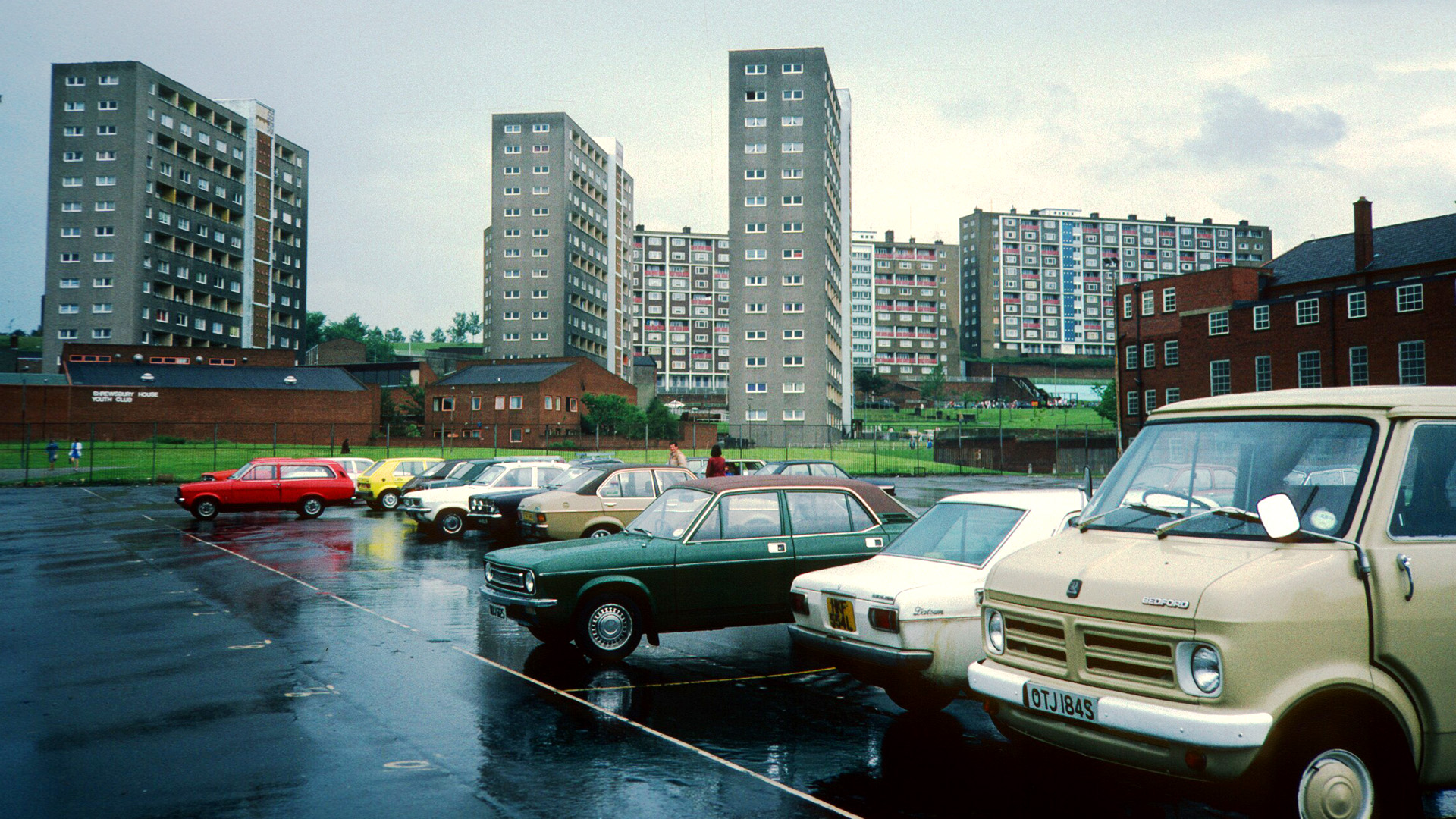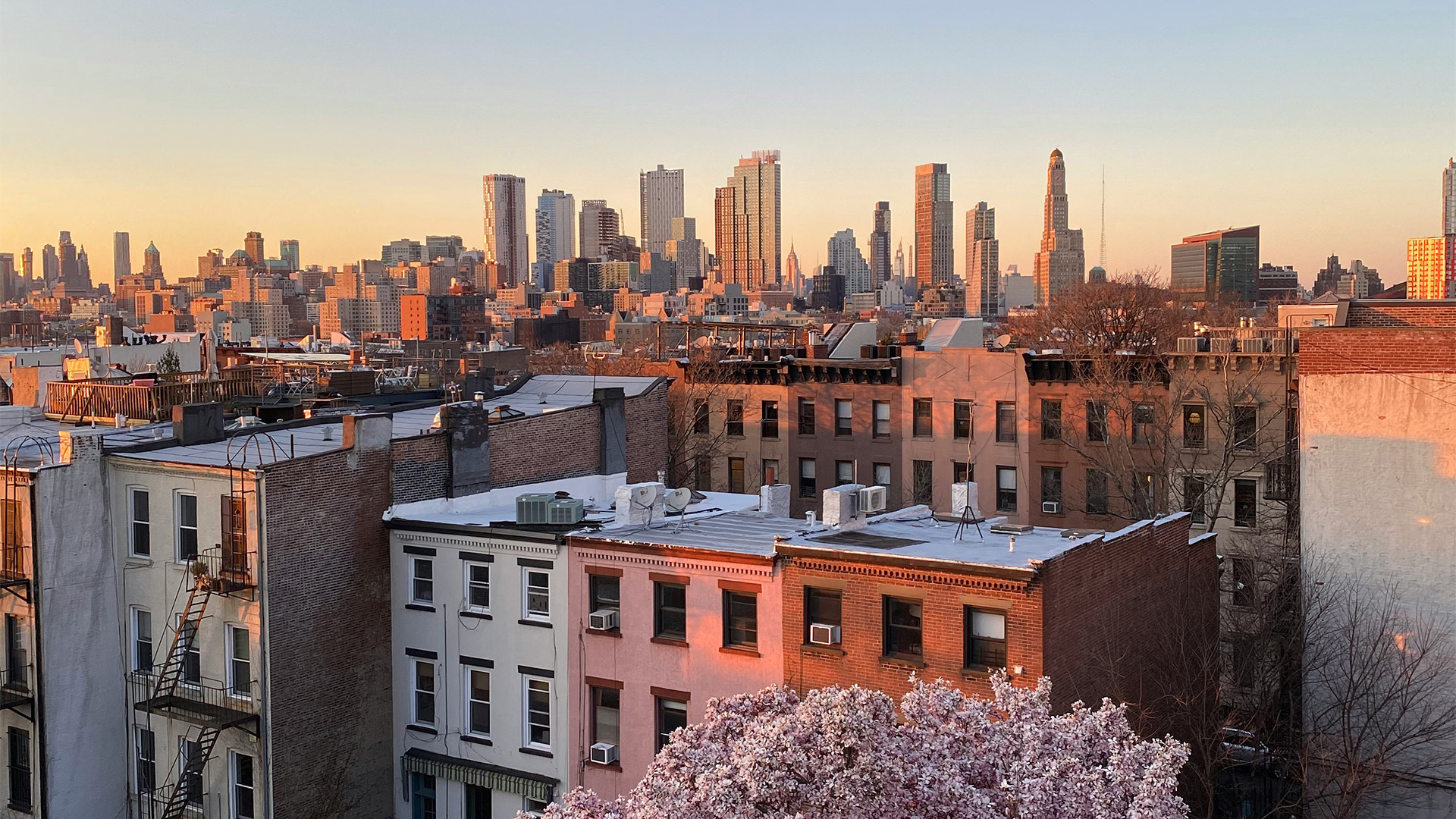
Since 1980, 1.9m council homes in England have been sold to tenants at an average discount of 44% of market value through the Right to Buy policy.
Right to Buy (RTB) was arguably the most prominent housing policy of the Conservative government of the 1980s. It was part of the 1980 Housing Act, and gave tenants of local authority-owned houses in England and Wales the legal right to purchase their home
Such sales had previously been at the discretion of the local authority, but RTB empowered the tenants of social housing and put the purchasing decision firmly in their hands. Millions of families who previously didn’t have the financial resources to get on the property ladder became homeowners.
The stated intent at the time was to make the UK a “property-owning democracy”, a nation of homeowners. But, as the House of Lords Library points out: “There was no obligation for councils to use receipts from housing sales for construction of new social housing.” Which meant that social housing stock was not replaced at the rate it was sold.
In 1967, nearly a third (29%) of the English population lived in social housing. By 2015, this had dropped to 17%. From April 1980 to March 2023, 90% of all recorded social housing sales were made through RTB schemes.
A new report by economic thinktank Common Wealth estimates that: “The homes sold by English local authorities through RTB since 1980/81 are now worth a total of £430bn (in 2024 prices).
“Local authorities were compelled by RTB legislation to sell these homes at a large discount to market value. Around 780,000 council homes worth £176bn are estimated to have now entered England’s private rental sector through RTB.”
RTB became one of the most polarising pieces of government housing legislation for a generation – dividing opinion among political commentators of the day and social historians since.
Critics, including the writers of the Common Wealth report suggest it was the “largest giveaway in UK history”, transferring capital wealth of the state to private individuals. Advocates argue it brought a huge amount of revenue into local authority coffers and allowed people to become homeowners who might never have had the opportunity otherwise.
On replacing the sold social housing stock, the House of Lords Library concludes: “A combination of the reduction in the rate of construction of social housing and sale of local authority housing led to a reduction in the availability of social housing in England.”
The New Economics Foundation went further in its assessment of RTB, suggesting it disincentivises the building of new social homes: “Why would councils pay to build homes, only to sell them at a discount, lose income from future rental payments and not receive the full sale receipt?”
“The initial flurry of purchases helped people to get on the housing ladder who might otherwise have failed to do so” Melfyn Williams MRICS, Williams and Goodwin
Basics of Right to Buy
The basic principles of RTB, from the UK government’s website.
RTB allows most council tenants to buy their council home at a discount.
You can apply to buy your council home if:
- it’s your only or main home
- it’s self-contained
- you’re a secure tenant
- you’ve had a public sector landlord (for example, a council, housing association or NHS trust) for 3 years – it does not have to be 3 years in a row.
Discounts
You can get a discount on the market value of your home when you buy it if you qualify for RTB.
The discount is based on:
- the type of property you’re buying (flat or house)
- the value of your home
- where you live
- how long you’ve been a tenant with a public sector landlord.
You’ll usually have to repay some or all your discount if you sell your home within five years.

Mazzini House; Garibaldi House; Cavour House; Liverpool, 1982. Photo by Miles Glendinning, courtesy of Tower Block UK
Depleted social housing stock
The devolved Scottish and Welsh governments abolished RTB in 2014 and 2018, respectively. Yet RTB has been a political hot potato for successive UK governments since it was enacted – recognising both its benefits and flaws but unwilling to make significant reforms.
Now, the current Labour administration has announced that all newly built social housing in England will be exempt from RTB for 35 years. Tenants of social housing will also need to have lived in their property for longer before qualifying for RTB.
Was RTB the right idea? Melfyn Williams MRICS, a chartered valuation surveyor based in Wales, says: “The initial flurry of purchases helped people to get on the housing ladder who might otherwise have failed to do so. Many people remained in their properties for a number of years and still do. Others were able to build a large amount of equity to enable them to move on.”
However, Williams adds, “the main negativity was the funds released from the sales of properties was not ‘ring fenced’ and used to build more social housing – resulting in pressure and increasing rents in the private rental sector as properties available in the public sector became fewer".
London Councils, the collective organisation representing the 32 boroughs of London, has said it would like RTB reformed to “lay the foundations of a better future for social housing in the capital”.
Lambeth councillor Grace Williams said: “While the scheme has brought benefits to many Londoners, it has also driven a depletion in London’s social housing stock. The figure of 316,000 council homes sold in London [since 1980] is startlingly close to the figure of 330,000 households stuck on social housing waiting lists in the capital.”

